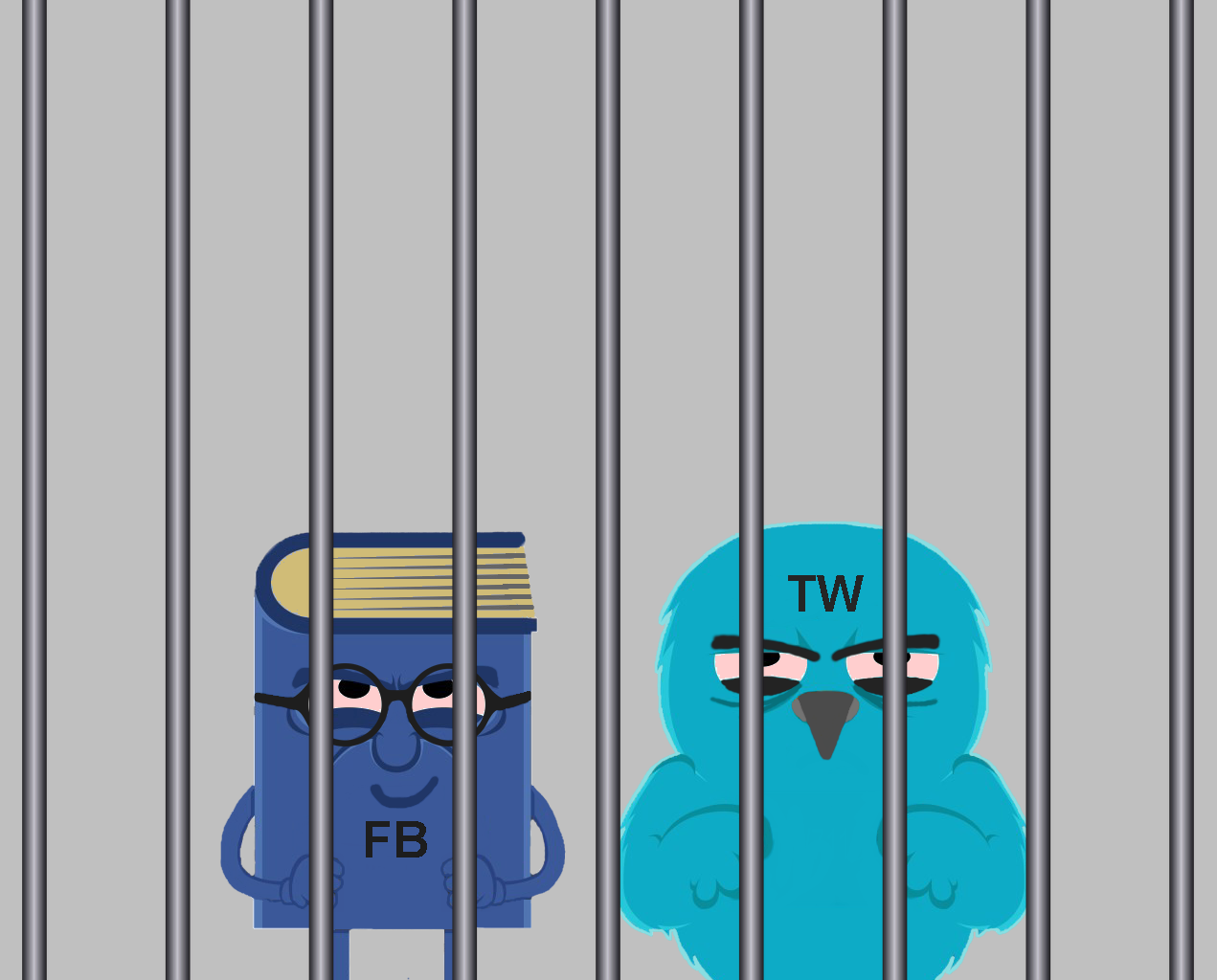Behind the veils of discourse: Analysing the connection between discourse and exploitation on the ‘social’ internet
From Capital & Class
By Lars Erik Løvaas Gjerde
“The internet plays an increasingly important role in our societies. Firstly, ‘we all’ spend evermore time chatting or playing games at so-called ‘social’ media platforms. Secondly, the significance of the internet as an economic phenomenon increases. The net-worth of the internet increases annually. ‘Social’ media platforms are important contributors to these developments. Despite these economic facts, the internet is still given meaning in one dominant way: as ‘social’. These notions are questioned in my article. I analyse the connection between the discourse of the internet as ‘social’ and the exploitation of the users of these platforms. I find that this ‘social’ understanding which I call the ‘social’ myth conceals and increases exploitation.
Critical scholars have long criticized the economic implications of the ‘social’ internet. These scholars have revealed that the long hours spend on these platforms entail much more than ‘spare time’. Rather, these hours increase the profits of the capitalists owning the webpage. The capitalist profits through rents insofar as it sells the personal data of its users in order to sell space for advertisers. This way, the capitalist benefits through its passive ownership of the webpage. However, these rents are increased through the practice of ‘free labour’. Free labour within the digital context is understood as the production of content within the platform, such as shared pictures or stories. This implies that most users of ‘social’ media are also ‘free labourers’. Through this production of content internet users consume more advertisements through spending more time on the platform while increasing the numbers of ‘clicks’. This allows the capitalist to sell more advertisement and thus increase its profits. ‘Social’ media usage thus entails exploitation as the internet users produce values which end up in the pockets of the capitalist.
The ‘social’ myth is of interests in two ways regarding the exploitation of free labour. Firstly, it conceals how the ‘social’ media platforms are comparable to factories. Time spent on the internet facilitates economic growth and exploitation in favour of the capitalist in a similar way to time spent within the factory. The main difference is that the industrial capitalist at least pays wages. Free labourers work free of charge. This is concealed by the very notions of free labour being ‘social’ past-time activities. Secondly, and related to this point, the ‘social’ myth increases exploitation as it motivates the individual to freely participate as a labourer. Free labour is turned into fun and normative activities. Thus, in a single blow, the discourse of the internet both conceals and strengthens the exploitation happening at these platforms. In my article, I further link these findings of free labour exploitation and the ‘social’ myth to my investigation of the links between scientific and lay discourses of the internet, as well as the roots of this ‘social’ understanding and marketing discourse, all within a context of critical scholarship. You can read more here!”
Article details
Behind the veils of discourse: Analysing the connection between discourse and exploitation on the ‘social’ internet
Lars Erik Løvaas Gjerde
First Published September 16, 2019 Research Article
DOI: 10.1177/0309816819873377
From Capital & Class


Lars Erik Løvaas Gjerde completed his BA in Sociology at the University of Tromsø. He is currently studying for a Master's degree in sociology at the University of Oslo, his interests revolve around critical theory and discourse analysis.